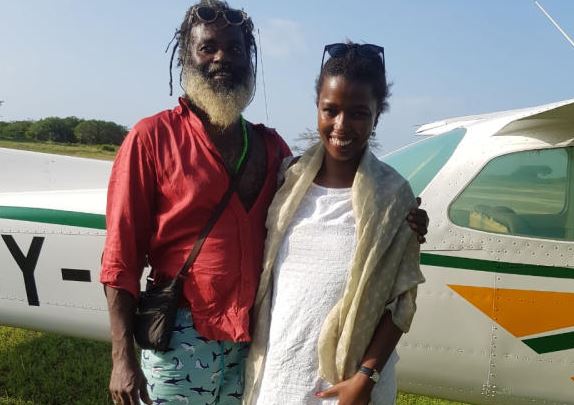×
The Standard e-Paper
Join Thousands Daily

By the time Tecra Muigai Karanja fell to her death in a rental house in Lamu’s Shela village, she and her lover Omar Lali Omar were just a month away from a wedding.
Their two families had discussed it and a date was set, following Omar’s proposal next to a picturesque waterfall that perhaps signified the freefall their relationship had been in since they first met on June 6, 2019.